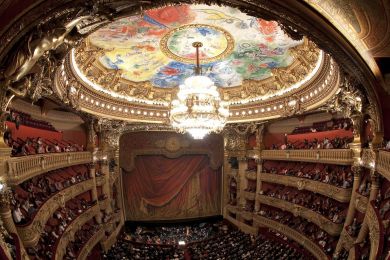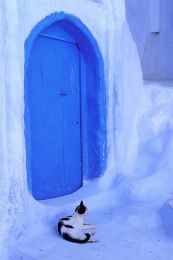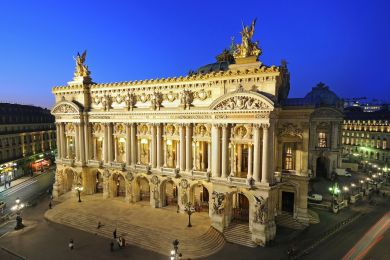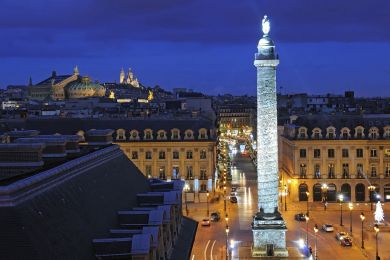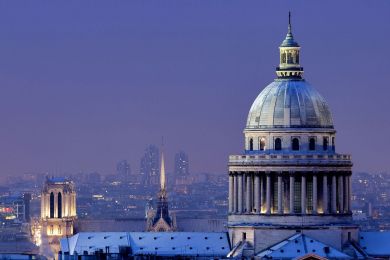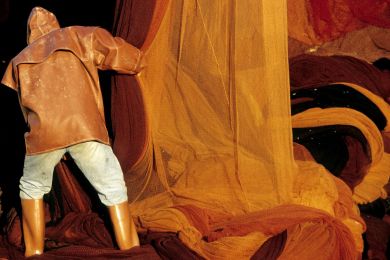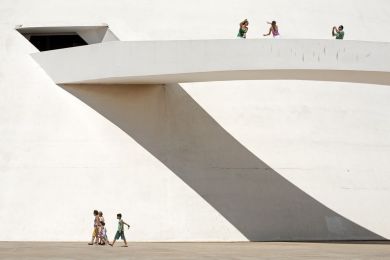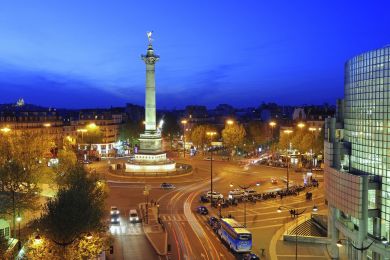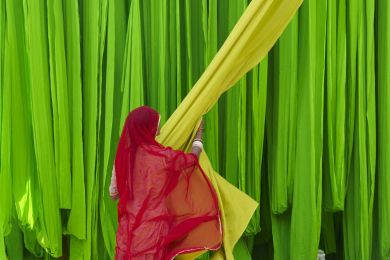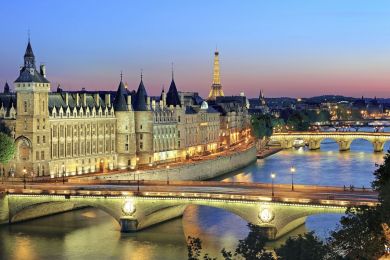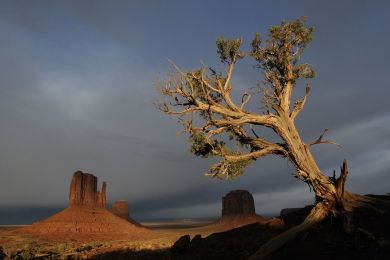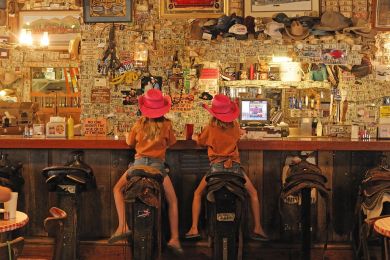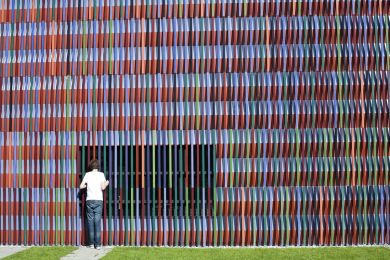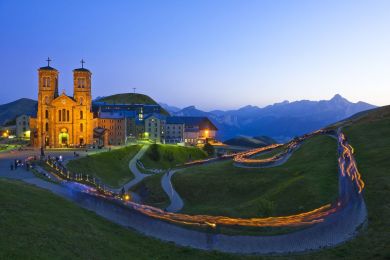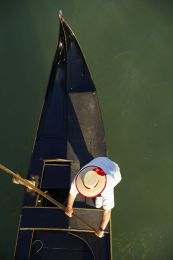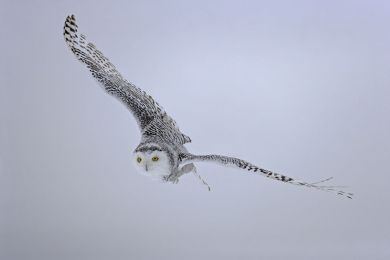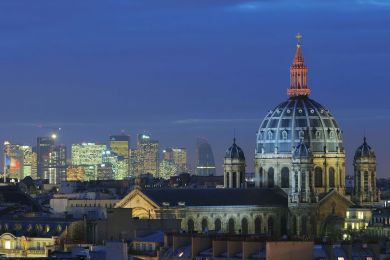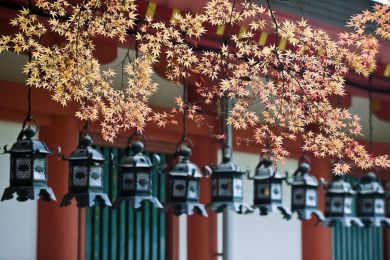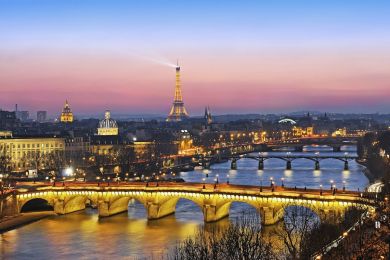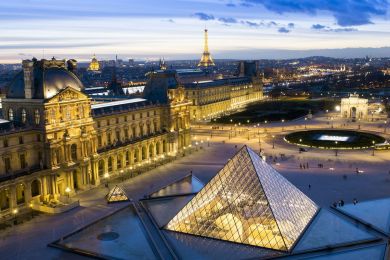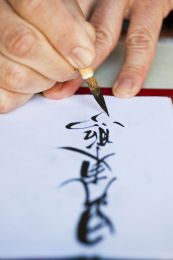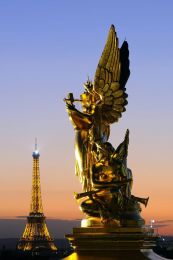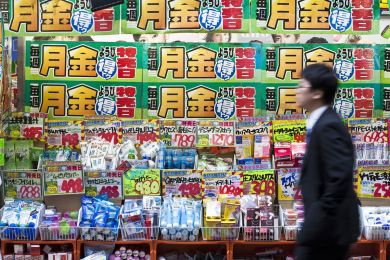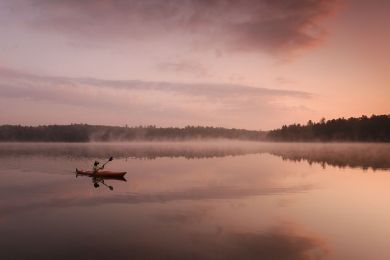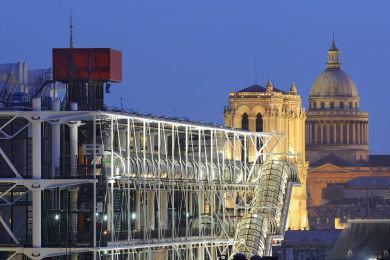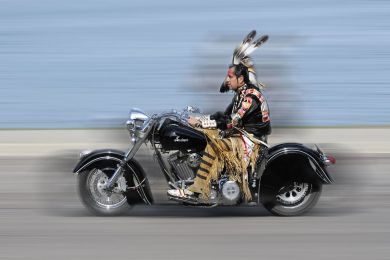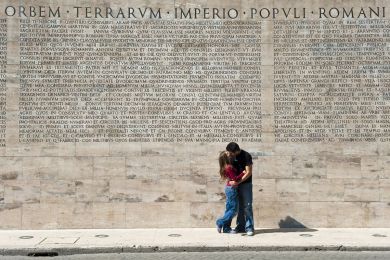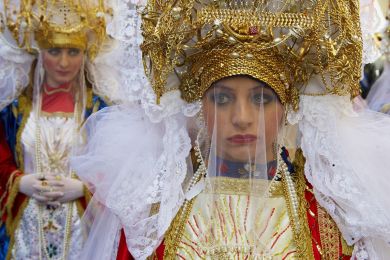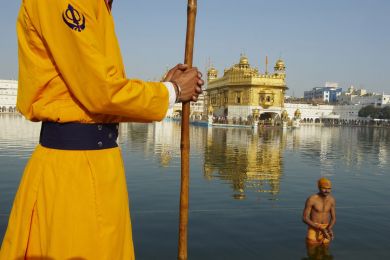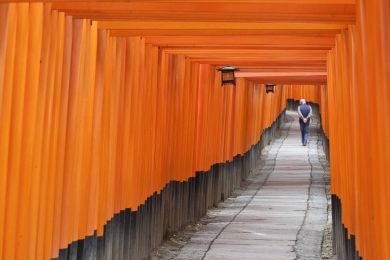By buying this product you can collect up to 178 loyalty points. Your cart will total 178 points that can be converted into a voucher of 35,60 €.
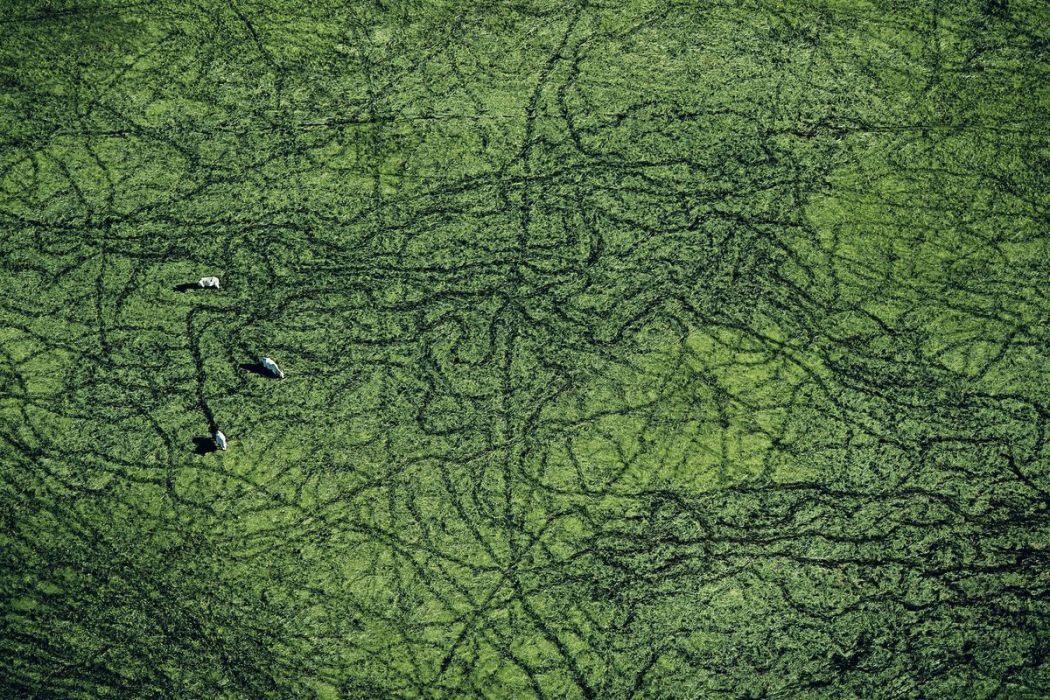 View larger
View larger
Picture information
Cows, Pantanal, Brazil
Yann ARTHUS-BERTRAND
Art Photography by Yann ARTHUS-BERTRAND, cows grazing in the Pantanal, Mato Grosso do Sul Brazil. The “Pantanal” (which means “swamp” in Portuguese) covers 54.000 mi2 (139.860 km2) and is one of the largest wetlands on the planet.
Data sheet
| Orientation | Landscape |
| Color | Green |
Cows, Pantanal, Brazil
Yann ARTHUS-BERTRAND
Art Photography by Yann ARTHUS-BERTRAND, cows grazing in the Pantanal, Mato Grosso do Sul Brazil. The “Pantanal” (which means “swamp” in Portuguese) covers 54.000 mi2 (139.860 km2) and is one of the largest wetlands on the planet.
Fine Art Photography
Print by Experts
100 % Made In France
A recognized expertise, a search of permanent quality.
Printed by a professional photographic laboratory.
All prints are made to order, controlled by the Technical Director.
A certificate of authenticity is provided with each photograph.
Framework made by selected materials to give you the best results. every step of the processing is monitoring by experts.
Loyalty points
Gift Card
Don't miss the opportunity to do the best present...
The whole Yann Arthus-Bertrand photos available with Hemisgalerie gift card.
Lets your guest choose the best image.
Amount from 50 €, create and download directly on our website, valid for one year including promotions.
The original gift for all events
More info
The “Pantanal” (which means “swamp” in Portuguese) covers 54.000 mi2 (139.860 km2) and is one of the largest wetlands on the planet. It stretches over a large part of southwest of Brazil to Bolivia and Paraguay. In the dry season, thousands of head of cattle take advantage of these grassy prairies and leave deep black furrows in the ground along their way. But these natural pastures are ephemeral. From November to March, they are flooded by the waters of the Paraguay River and its tributaries. The cattle then fall back on a few unsinkable islets and surrender their place to a rich avifauna (650 species) that feeds on 250 species of fish. This authentic Noah’s Ark, whose biodiversity is comparable to that of Amazonia, is also the domain of jaguars, caimans, tapirs and giant otters. But over exploitation threatens this fragile ecosystem, which was added to the UNESCO World Heritage List in 2000. If on one hand the wetlands are relatively protected, on the other its margins have been clear-cut and turned into agricultural land and pasture. The Pantanal might also be negatively affected by changes in the Paraguay River that will be navigable for big boats, from the Prata River until Bolivia.
















































